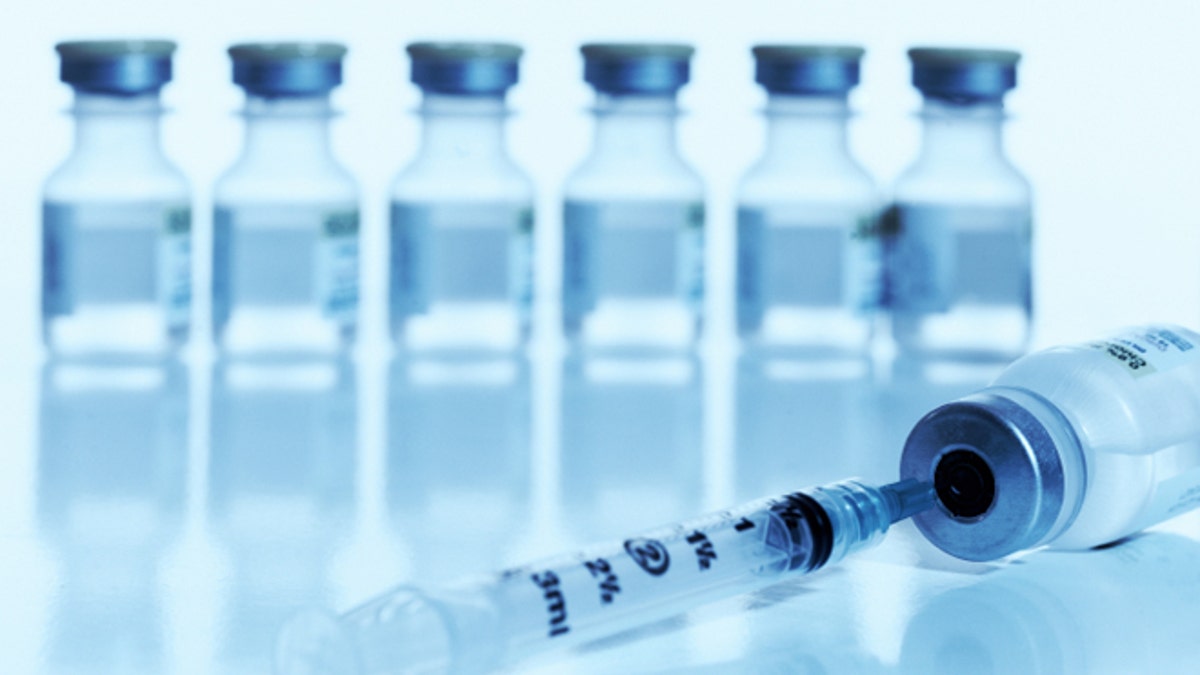
Government-funded clinical trials are under way of an improved anthrax vaccine requiring fewer doses and that has the potential to boost immunity faster, top health officials said on Monday.
The Department of Health and Human Services said it signed a 30 month, $31 million agreement with Maryland-based Emergent Biosolutions Inc to develop a vaccine that would require only two doses to confer immunity. Emergent currently has a Food and Drug Administration-approved vaccine called BioThrax that requires three doses.
Emergent's improved vaccine, called NuThrax, is an updated version of BioThrax, which has been stockpiled by the government to protect against potential bioterrorism attacks.
Research and early development of Nuthrax was funded by the National Institutes of Health and the Department of Defense, which enabled it to complete early Phase I and II clinical studies. HHS will fund Phase III trials, which means the vaccine will be tested on a larger group of people to determine its efficacy and safety.
Emergent's anthrax vaccine has been used for more than a decade, but has stirred controversy. Military members complained about its side effects and Congress questioned its efficacy, noting the dosing schedule would take too long in the event of a biological attack.
The vaccine's development comes under the U.S. biodefense program, which aims to develop drugs and vaccines to protect against potential bioterror threats and public health emergencies.
"Anthrax remains a national health security threat, and we're striving to develop an anthrax vaccine that affords immunity sooner and with fewer doses," Robin Robinson, director of the Biomedical Advanced Research and Development Authority (BARDA), an agency under HHS, said in a statement.
HHS began seeking improved vaccines after letters laced with anthrax were mailed to media outlets and U.S. senators in 2001, killing five people and infecting 17.
